Author:: Bagombeka Job
The Current State of Education
The education sector worldwide faces a myriad of challenges and opportunities, and Uganda is no exception. The landscape is marked by disparities in access, quality, and resources, all of which contribute to uneven educational outcomes. Despite significant efforts and progress over the years, many structural and systemic issues persist that hinder the full realization of the potential benefits of education for all students.
- Access to Education:
- Enrollment Rates: In recent years, Uganda has made commendable strides in increasing enrollment rates at the primary and secondary levels, driven by policies such as Universal Primary Education (UPE) and Universal Secondary Education (USE). However, enrollment drops significantly at the tertiary level.
- Geographical Disparities: Rural areas often lag behind urban centers in terms of access to education. Schools in rural regions are typically underfunded and lack basic infrastructure.
- Gender Disparities: While gender parity has improved, girls in rural areas and impoverished communities still face significant barriers to education, including early marriage and cultural biases.
- Quality of Education:
- Curriculum and Pedagogy: The curriculum in many schools remains outdated and fails to equip students with the skills needed for the 21st century. Pedagogical approaches are often rote and teacher-centered, limiting critical thinking and problem-solving skills.
- Teacher Quality: There is a shortage of qualified teachers, and many existing teachers lack adequate training and professional development opportunities. This affects the quality of instruction and student learning outcomes.
- Infrastructure and Resources: Many schools, especially in rural areas, suffer from poor infrastructure, including dilapidated buildings, lack of electricity, and insufficient learning materials.
- Financial Constraints:
- Funding: Government funding for education is often insufficient, leading to disparities in resource allocation. Schools in poorer regions struggle with limited financial support, impacting their ability to provide quality education.
- Costs to Families: Despite policies like UPE and USE, families often bear significant costs for education, including fees for uniforms, materials, and meals, which can be prohibitive for low-income households.
Pathways for Improvement
Addressing these challenges requires a multi-faceted approach that involves policy reforms, community engagement, and innovative practices. Here are several key strategies to improve the education sector:
- Enhancing Access:
- Infrastructure Development: Investing in the construction and renovation of schools, particularly in rural areas, to ensure that all children have a safe and conducive learning environment.
- Inclusive Policies: Implementing policies that address the specific needs of marginalized groups, including girls, children with disabilities, and children from impoverished families, to ensure equitable access to education.
- Improving Quality:
- Curriculum Reform: Updating the curriculum to include skills relevant to the modern world, such as digital literacy, critical thinking, and problem-solving. Integrating local context and culture into the curriculum can also make learning more relatable and engaging.
- Teacher Training: Enhancing teacher training programs to ensure that educators are well-equipped with modern pedagogical skills and subject knowledge. Continuous professional development should be a priority to keep teachers updated on best practices.
- Resource Allocation: Ensuring that schools have adequate resources, including textbooks, laboratory equipment, and digital tools, to provide a comprehensive and high-quality education.
- Financial Support:
- Increased Funding: Governments and stakeholders should prioritize increasing funding for education. This includes exploring alternative funding mechanisms, such as public-private partnerships, to supplement government efforts.
- Reducing Costs for Families: Implementing measures to reduce the financial burden on families, such as providing free uniforms and learning materials, and offering scholarships or bursaries for students from low-income families.
- Community and Parental Engagement:
- Parental Involvement: Encouraging active parental involvement in their children’s education through regular communication between schools and families, and parent-teacher associations.
- Community Support: Mobilizing community resources and support for schools, including volunteer programs, local business partnerships, and community-based initiatives.
ELOI Ministries Uganda: Catalyzing Educational Transformation
ELOI Ministries Uganda plays a vital role in addressing these educational challenges and fostering improvements across the sector. Through a variety of initiatives, they are making a significant impact on the lives of students and communities.
- Educational Programs and Outreach:
- School Support: ELOI Ministries partners with local schools to provide essential resources, including textbooks, school supplies, and uniforms. This support alleviates the financial burden on families and ensures that students have the materials they need to succeed.
- Scholarships and Bursaries: The organization offers scholarships and bursaries to students from disadvantaged backgrounds, enabling them to continue their education without financial strain.
- Teacher Training and Development:
- Professional Development: ELOI Ministries organizes workshops and training sessions for teachers, focusing on modern teaching methods, classroom management, and subject-specific skills. These programs help teachers improve their instructional practices and enhance student learning outcomes.
- Community Engagement and Empowerment:
- Parental Involvement: Recognizing the importance of parental support, ELOI Ministries conducts seminars and meetings with parents to emphasize the value of education and encourage their active participation in their children’s schooling.
- Community Projects: The organization implements community projects that support education, such as building and renovating school facilities, establishing libraries, and creating safe learning environments.
- Innovative Learning Solutions:
- Digital Literacy: ELOI Ministries introduces digital literacy programs to equip students and teachers with essential technology skills. By integrating digital tools into the learning process, they prepare students for the demands of the modern workforce.
- Life Skills Education: In addition to academic subjects, ELOI Ministries emphasizes life skills education, including health education, environmental awareness, and vocational training, to provide students with a well-rounded education.
Conclusion
The state of the education sector in Uganda reflects both significant progress and ongoing challenges. Addressing issues of access, quality, and financial constraints requires a collaborative effort from governments, communities, and organizations like ELOI Ministries Uganda. Through their comprehensive programs and unwavering commitment, ELOI Ministries is making a meaningful difference in the lives of students, helping to pave the way for a brighter future. By continuing to innovate and adapt, there is hope for a more equitable, inclusive, and high-quality education system that benefits all Ugandans.
Author:: Bagombeka Job

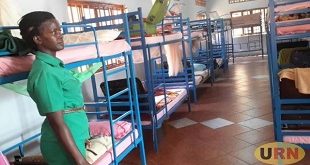

















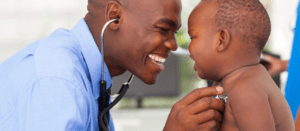




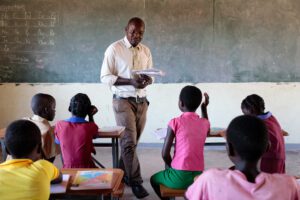
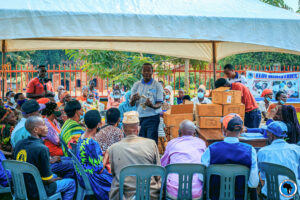
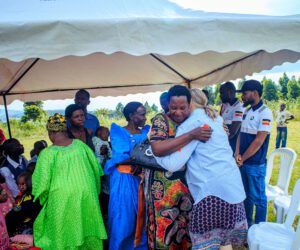
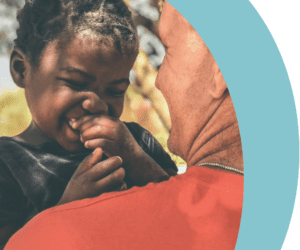








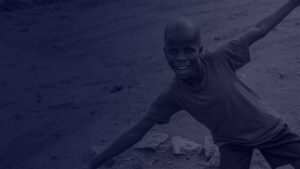
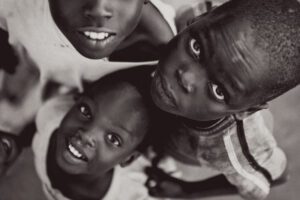
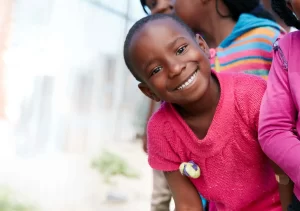


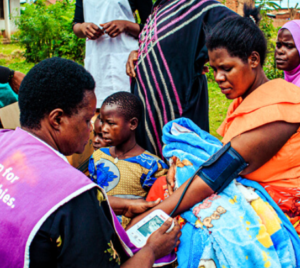
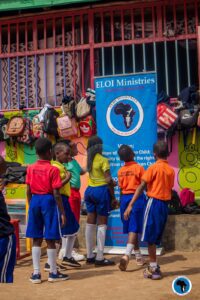
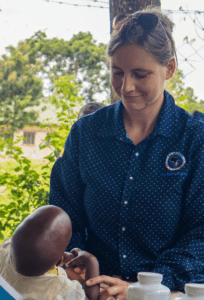
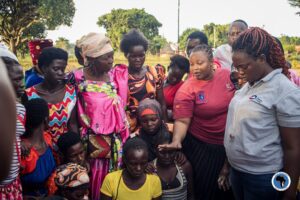
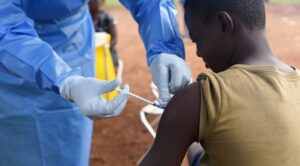
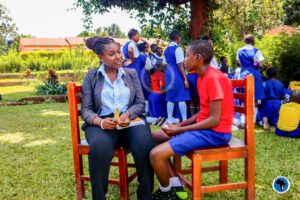
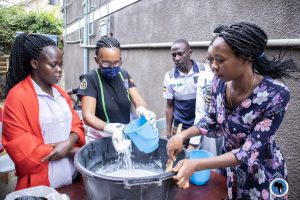










One Response
Very informative, chances should increase and internationally known higher institutions of learning to be available to those who aspiring for upgrading.
Opportunities lack ability which has not been avail for those seeking for it. Lack of funding is the major obstacles in reaching high in academic qualifications, there is need for some of us who has interest to go and study abroad in those highly accredited Universities in the world. People in the rural areas of Uganda are the most vulnerable, government have to prioritize Opportunities for the rural poor and the most disadvantaged one.